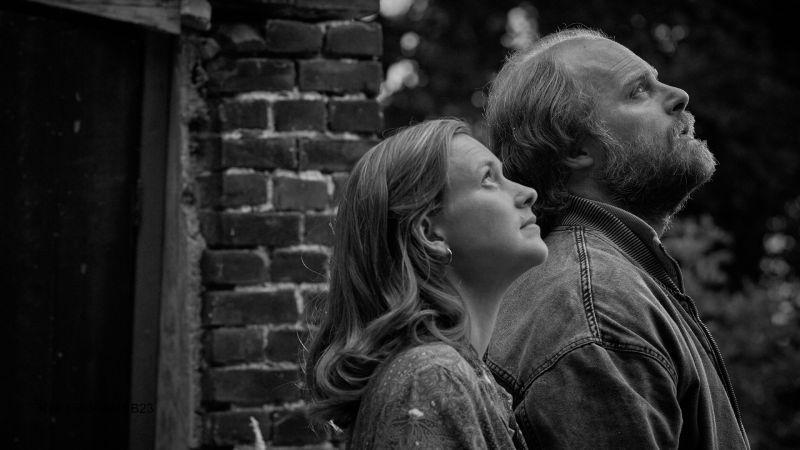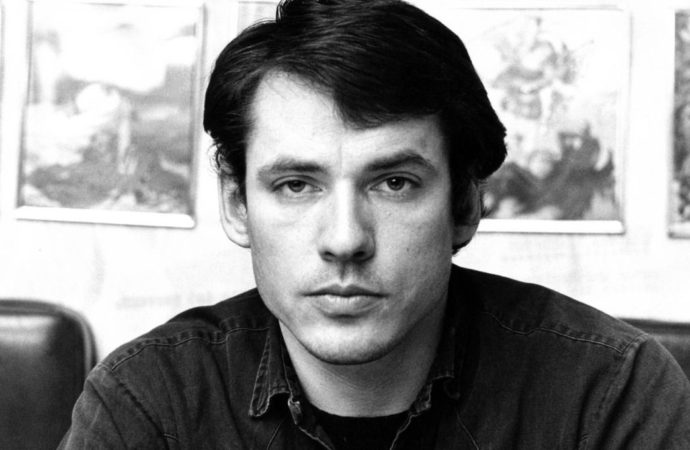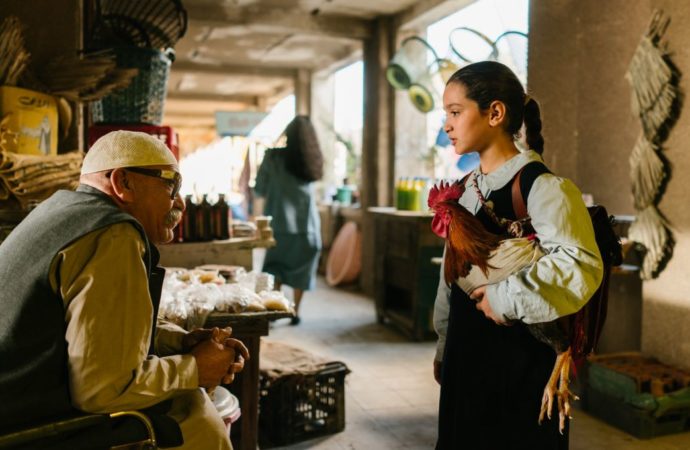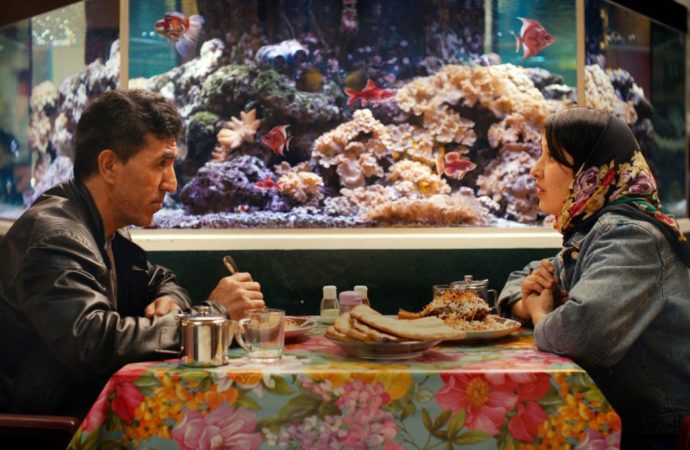Peter Hoogendoorn has just premiered his second feature film, Three Days of Fish, at the 58th Karlovy Vary Festival, a minimalist gem shot in black and white with exquisite photography by Gregg Telussa. Recall that the Dutch director’s previous film (Between 10 and 12) was selected for Venice Days in 2014, and his new film once again focuses on the microcosm of the family, exploring the dynamics of love, presence and detachment. To this end, Hoogendoorn recounts the three-day visit (from then on, as the saying goes, visits smell like fish) of 65-year-old Gerrie, who returns to Rotterdam for his annual medical check-ups from Portugal, where he lives with his second wife. There he meets his 45-year-old son Dick, who longs to spend as much time as possible with a father who stubbornly and politely avoids him.
The chronicle of this brief visit offers us at the same time a portrait of Dick, who, thanks to a script that accurately defines each of the main characters, gives us a glimpse of the absence of paternal support and understanding in his youth. The communication between the two extends their discomfort to the viewer, reaching its peak in the brilliant farewell scene on the platform, where father and son settle into an old and accepted silence, broken by banal phrases. As Dick tries to get closer to his father, we witness several highly significant scenes that explain their relationship and seem to confirm Gerrie’s concept of his son: the visits to the relatives, to the doctors, and above all, to the cemetery where they believe they will find Dick’s mother, followed by a conversation that links to one of the film’s displays of black humour.

The award-winning director, trained at the Dutch Film and Directing Academy, shows the opposite of unconditional love between father and son. Situations follow one after the other and force us to be charged with the emotion of abandonment, the loss of reference points: Dick visits the basement of his grandmother’s house where he spent his childhood, now the home of other people, and has no grave to remember his mother, who through neglect, ended up in an ossuary. Nor does he take his antidepressants, because they interfere with the alcohol, and his peterpanesque behaviour is only understood by his empathetic girlfriend.
Experiencing the opposite of intimacy and tolerating the relationship forced by circumstance and assumed affection are not alien to those who have suffered from family dysfunctionality, but to capture it with such simplicity and rawness, without resorting to sentimentality, is Hoogendoorn’s great achievement. Deliberately shying away from close-ups, he shows us before a mirror the dynamic that unites father and son, as we desperately want them to express their love, but we are left to wonder if that would be possible in the best of all worlds, or if what they really show through their reserve is a background that could fill that basement where good and bad memories, guilt and convention weigh down a relationship so uncomfortable that no one wants to acknowledge it as broken and lost.









No one has posted any comments yet. Be the first person!